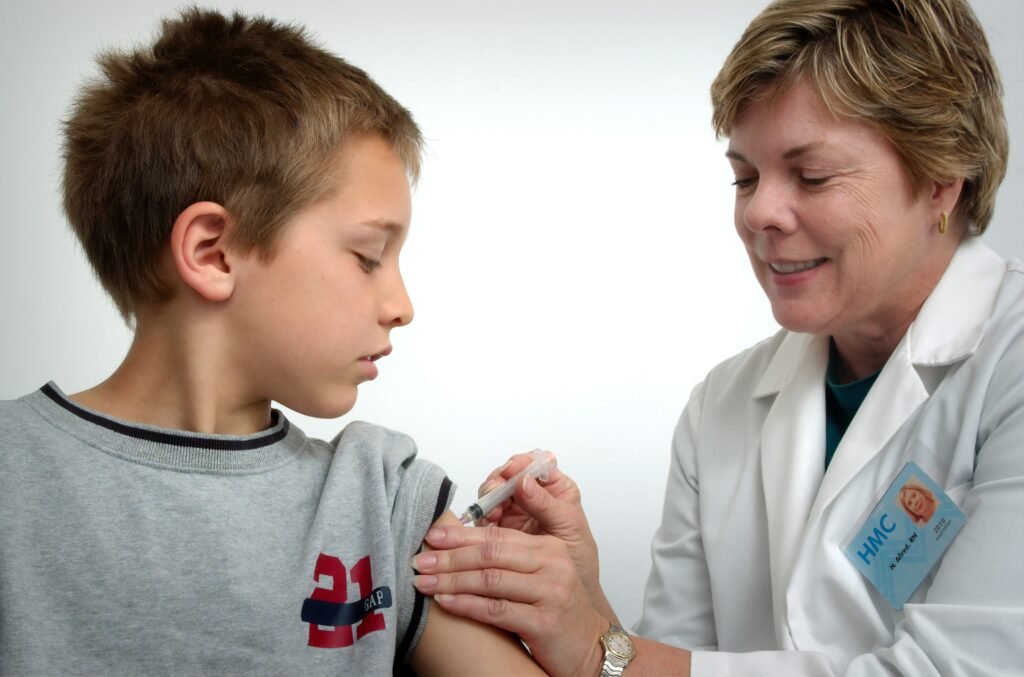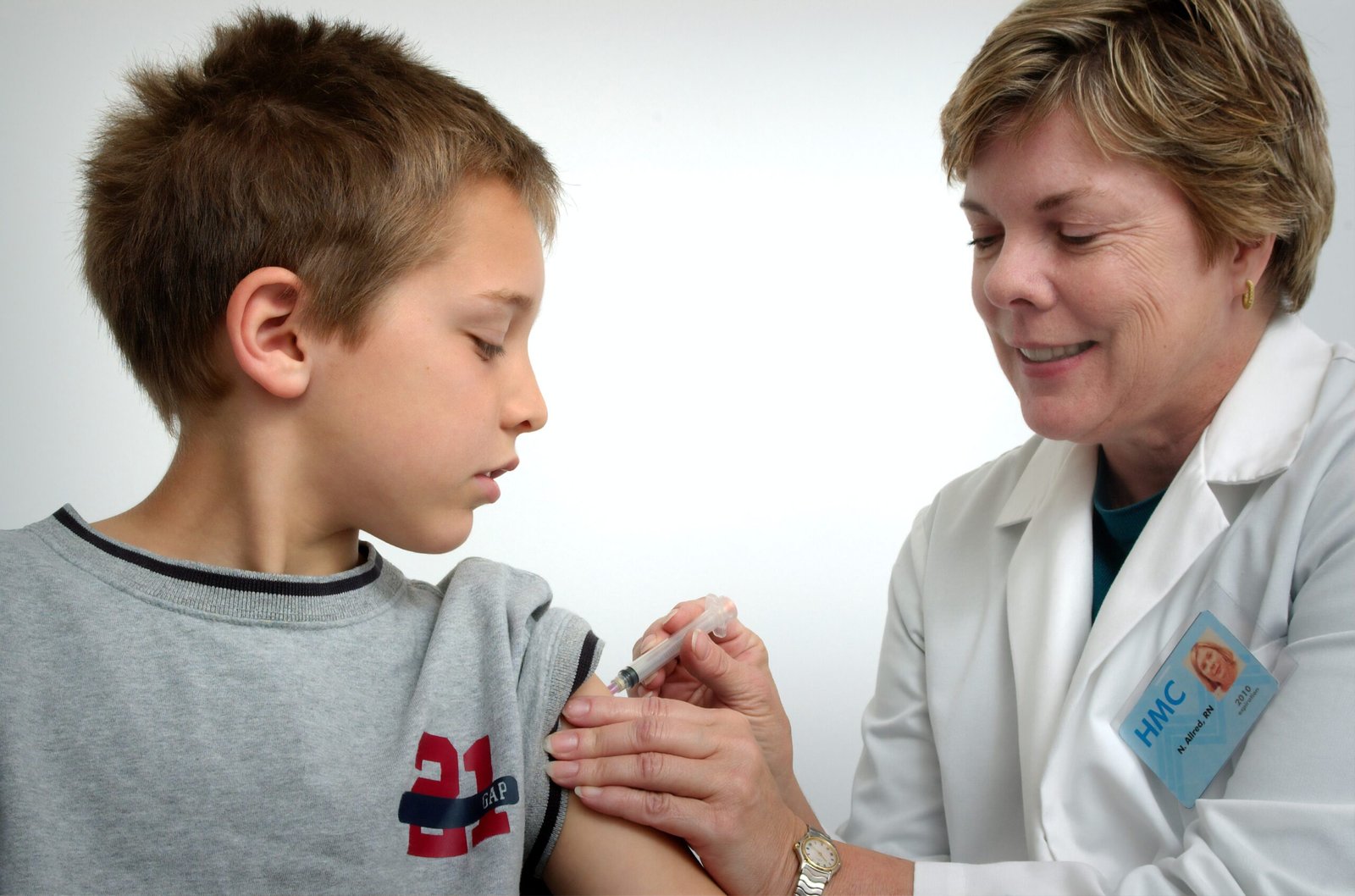So you’ve reached that stage in life where kidney stone prevention has become a topic of concern. As we grow older, our bodies undergo various changes that can increase the likelihood of developing kidney stones. From reduced fluid intake to certain medications, there are several age-related factors that can contribute to stone formation. In this article, we explore the specific concerns that older adults should be aware of when it comes to preventing kidney stones, and offer some practical tips to help minimize the risk.

This image is property of images.unsplash.com.
Understanding Kidney Stones
Kidney stones are hard deposits that form in the kidneys when certain substances in the urine crystallize. They can vary in size and shape, and may cause significant pain and discomfort when they pass through the urinary tract. Kidney stones can be composed of calcium, oxalate, uric acid, or other substances. Understanding the risk factors and symptoms associated with kidney stones is crucial for effective prevention and management.
Risk factors for kidney stones
Several factors increase the risk of developing kidney stones, especially as you age. These include a family history of kidney stones, a personal history of kidney stones, a diet high in salt and oxalate-rich foods, chronic dehydration, obesity, certain medical conditions (such as urinary tract infections or gout), and certain medications. It’s important to be aware of these risk factors and take preventive measures to reduce the likelihood of kidney stone formation.
Common symptoms of kidney stones
If you have kidney stones, you may experience symptoms such as severe pain in the back or side, abdominal pain, blood in the urine, frequent urination, cloudy or foul-smelling urine, and a persistent urge to urinate. The intensity of the pain can vary depending on the size and location of the stone. It’s important to seek medical attention if you suspect you have kidney stones, as prompt treatment can help alleviate pain and prevent complications.
Age-Related Factors Contributing to Kidney Stones
As you age, there are several changes in your body that can contribute to the formation of kidney stones.
Changes in kidney function with aging
With age, the kidneys may not function as efficiently as they did in earlier years. This can affect the elimination of waste products and increase the risk of mineral accumulation, leading to stone formation. Understanding these changes can help you take proactive steps to prevent kidney stones.
Decreased fluid intake and dehydration
As you get older, you may not feel as thirsty, leading to decreased fluid intake. This can result in dehydration, which can increase the concentration of minerals in the urine and promote kidney stone formation. It’s important to drink an adequate amount of fluids throughout the day to prevent dehydration and reduce the risk of kidney stones.
Increased calcium absorption and excretion
As you age, there may be changes in how your body absorbs and excretes calcium. This can lead to an increased amount of calcium in the urine, which can contribute to the formation of calcium-based kidney stones. Proper calcium intake and a balanced diet are essential in preventing the development of these stones.
Decreased muscle mass and physical activity
As you grow older, you may experience a decrease in muscle mass and physical activity levels. This can affect the efficiency of your metabolism and the elimination of waste products, increasing the risk of kidney stone formation. Engaging in regular physical activity can help maintain muscle mass and promote overall kidney health.

This image is property of images.unsplash.com.
Dietary Recommendations for Kidney Stone Prevention
Making certain dietary adjustments can significantly reduce the risk of kidney stone formation. Here are some key recommendations:
Increase fluid intake
Maintaining adequate hydration is crucial for preventing kidney stones. Aim to drink at least 8 glasses of water a day, and more if you live in a hot climate or engage in physical activity. Including other fluids like herbal tea and diluted fruit juices can also contribute to your overall fluid intake.
Reduce sodium consumption
High sodium intake can contribute to calcium accumulation in the urine, increasing the risk of calcium-based kidney stones. Limiting your intake of processed and packaged foods, which are often high in sodium, can help reduce the risk of stone formation.
Adequate calcium intake
Contrary to popular belief, consuming enough dietary calcium is important for preventing kidney stones. Calcium combines with oxalate in the intestine, preventing oxalate absorption and reducing its levels in the urine. Including calcium-rich foods like milk, yogurt, and leafy greens in your diet can help prevent the formation of calcium oxalate stones.
Limit oxalate-rich foods
Oxalate is a substance found in certain foods that can contribute to kidney stone formation. Limiting your intake of oxalate-rich foods, such as spinach, rhubarb, beets, chocolate, and nuts, can be beneficial in reducing the risk of oxalate-based kidney stones.
Moderate animal protein consumption
Diets high in animal protein, such as red meat and poultry, can increase the levels of uric acid in the urine, raising the risk of uric acid stones. Moderating your intake of animal protein and incorporating plant-based protein sources, like legumes and tofu, can help prevent the formation of these stones.
Exercise and Physical Activity
Regular exercise offers numerous benefits for overall health and can also help prevent kidney stone formation. Here’s what you need to know:
Benefits of regular exercise
Engaging in regular physical activity can help maintain a healthy weight, reduce the risk of chronic conditions, and improve kidney function. Exercise helps stimulate blood flow, promotes optimal metabolism, and maintains muscle mass, all of which contribute to kidney health and reduce the likelihood of stone formation.
Suitable exercises for older adults
It’s important to choose exercises that are suitable for your age and physical condition. Low-impact activities like walking, swimming, and cycling are gentle on the joints and can be easily incorporated into your routine. Aim for at least 150 minutes of moderate aerobic activity per week, along with strength training exercises twice a week.
Precautions for individuals with kidney stones
If you have a known history of kidney stones, it’s important to take certain precautions during exercise. Stay well-hydrated before, during, and after physical activity to minimize the risk of dehydration. Avoid high-intensity exercises that may cause excessive sweating, as this can lead to dehydration and increase the concentration of minerals in the urine.

This image is property of images.unsplash.com.
Importance of Medication Adherence
In some cases, healthcare professionals may prescribe medications to help prevent the formation of kidney stones. Adhering to these medications is crucial for their effectiveness and your overall kidney health.
Prescribed medications for kidney stone prevention
There are different medications that may be prescribed depending on the specific type of kidney stone. These medications may include diuretics to increase urine output, medications to reduce calcium levels in the urine, or medications to help prevent the recurrence of certain stone types. It’s important to take these medications as prescribed and follow up with your healthcare provider regularly.
Possible side effects and interactions
Like any medications, kidney stone prevention drugs can have potential side effects and interactions with other medications. It’s important to discuss any concerns or potential side effects with your healthcare provider, and to notify them of any other medications or supplements you are taking.
Consultation with healthcare professionals
If you have kidney stones or are at risk of developing them, it’s essential to consult with healthcare professionals specialized in kidney health. They can provide you with personalized recommendations and guidance on medication adherence, lifestyle modifications, and preventive strategies.
Managing Chronic Conditions
If you have underlying health issues, such as diabetes or high blood pressure, they can contribute to the formation of kidney stones. Here’s what you need to know:
Effect of underlying health issues on kidney stone formation
Chronic conditions can affect the balance of minerals in the body, increase the concentration of certain substances in the urine, and impair kidney function – all of which can contribute to the development of kidney stones. It’s important to manage these conditions effectively to minimize their impact on kidney health.
Balancing medication management and kidney stone prevention
If you’re managing chronic conditions with medications, it’s crucial to work closely with your healthcare team to ensure a balance between achieving optimal control of your condition and preventing kidney stone formation. Your healthcare provider can help adjust medications or dosage as needed to minimize the risk of stone formation.
Collaboration with healthcare team
Coordinating care between different healthcare providers is key when managing chronic conditions and kidney stone prevention. Make sure all members of your healthcare team are aware of your underlying health issues, medications, and any changes in your overall health. This collaboration will help ensure comprehensive and effective management of your health.
Dealing with Age-Related Complications
As you age, there may be additional considerations when it comes to managing kidney stones. Here are some important factors to keep in mind:
Pain management in older adults
Managing pain associated with kidney stones can be more challenging for older adults, as they may have other comorbidities and be taking multiple medications. It’s important to work closely with your healthcare provider to develop a pain management plan that is safe and effective for your specific needs.
Complications related to kidney stone treatment
In some cases, kidney stones may require medical intervention to alleviate symptoms or remove the stone. Older adults may be more susceptible to complications related to anesthesia, surgery, or other stone removal procedures. Before undergoing any treatment, make sure to discuss potential risks and benefits with your healthcare provider.
Recovery and follow-up care
After any treatment for kidney stones, it’s important to follow the recommended post-procedure care and attend all follow-up appointments. This ensures that your progress is monitored, and any potential complications or recurrent stones can be addressed promptly.
Home Remedies and Natural Supplements
While lifestyle modifications and adherence to medications are essential for kidney stone prevention, some individuals may also explore home remedies and natural supplements. Here are a few considerations:
Fluid intake and hydration tips
Along with drinking an adequate amount of water, certain practices can help optimize fluid intake and promote hydration. These include keeping a water bottle within reach, setting reminders to drink water, flavoring water with slices of fruits or herbs, and consuming fluids with meals and snacks.
Herbal remedies and their effectiveness
Some herbal remedies, such as cranberry extract, have been traditionally used for urinary tract health and may offer some benefits. However, it’s important to note that the effectiveness of these remedies for kidney stone prevention is still being studied. It’s best to consult with your healthcare provider before incorporating any herbal remedies or supplements into your routine.
Potential risks and precautions
While some natural supplements may be safe when used appropriately, others may interact with medications or have potential risks, particularly for older adults or individuals with certain medical conditions. It’s important to discuss any natural remedies or supplements with your healthcare provider to ensure they are safe and appropriate for your situation.
Importance of Regular Monitoring
Even if you have successfully prevented kidney stones, regular monitoring is essential to maintain optimal kidney health and detect any potential issues. Here’s why it’s important:
Regular check-ups and tests
Routine check-ups with your healthcare provider are important for assessing overall health and monitoring kidney function. During these visits, your healthcare provider may order urine tests, blood tests, or imaging studies to evaluate kidney function and identify any changes that may require further intervention.
Monitoring kidney function and stone recurrence
Regular monitoring allows healthcare providers to assess kidney function and identify any signs of stone recurrence. By monitoring urine and blood tests, your healthcare provider can detect changes in mineral levels, kidney function, or risk factors that may require adjustments to your prevention strategies.
Adjustments to prevention strategies
Regular monitoring appointments provide an opportunity to discuss any changes in your health, lifestyle, or medications. Based on the results of tests and a thorough assessment, your healthcare provider may recommend adjustments to your prevention strategies to ensure optimal kidney health.
Support Networks and Resources
Managing kidney stone prevention can sometimes be challenging, but you don’t have to face it alone. There are various support networks and resources available to help older adults navigate this journey. Here are a few options:
Local support groups and organizations
Local support groups and organizations dedicated to kidney health can provide valuable information, resources, and a sense of community for individuals dealing with kidney stones. These groups often offer educational seminars, group discussions, and opportunities to connect with others facing similar challenges.
Online communities and forums
Online communities and forums can be a valuable source of support and information for older adults dealing with kidney stone prevention. These platforms allow you to connect with individuals who have similar experiences, share tips, and seek advice from others who understand the challenges associated with kidney stones.
Educational resources for older adults
Numerous educational resources are available to help older adults better understand kidney stones and the preventive measures they can take. Websites, pamphlets, and brochures provided by reputable healthcare organizations can provide valuable information and guidelines to support your kidney stone prevention journey.
In conclusion, understanding kidney stones and the age-related factors that contribute to their formation is crucial for older adults. By adopting healthy lifestyle habits, adhering to preventive medications, and seeking support from healthcare professionals and support networks, older adults can effectively prevent and manage kidney stones, leading to improved kidney health and overall well-being.

